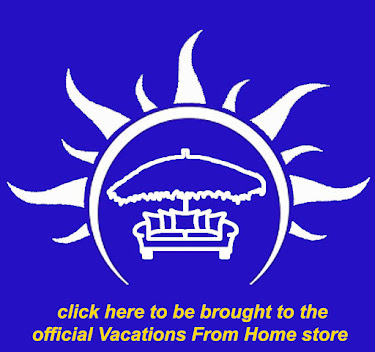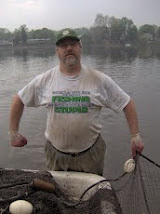PANAMA BEYOND THE CANAL  |
| Punta Caracol Acqua-Lodge |
Next month we will escape
winter and visit a very popular tourist spot in Panama and it’s not the Panama
Canal.
With alluring mid-80s temperatures in February, stunning natural beauty
with lush rainforests and white-sand beaches with turquoise water teeming with
diverse marine life and a vibrant culture, the Bocas del Toro (mouths of the
bull) archipelago will be a welcome and budget friendly destination.
Popular
with backpackers, surfers, scuba divers, and ecotourists this area, on the Caribbean
side of Panama near the border with Costa Rica, will be a great excuse to get
away from winter.
Besides, we had been to
the Panama Canal once before. We had sailed from Costa Rica to Panama in 2020
with the small ship cruise line Variety Cruises. Our final stop on that trip
was Panama City, and we toured the Miraflores Visitor Center to watch massive
ships squeeze through the locks.
MIRAFLORES VISITOR CENTER
VARIETY CRUISES
OVERWATER BUNGALOWS
With nine main islands
and countless cays and islets, all accessible by boat or water taxis, Bocas del
Toro is not only beautiful, but very affordable.
Though we have often
admired overwater bungalows in brochures, the cost of a stay was always very
prohibitive for us. In Bocas del Toro though this “dream” of staying in an
overwater bungalow is a reality and there are several available at a very
nominal price. We are staying at the Punta Caracol Acqua Lodge, at less than
$250 per night. This is a fraction of similar stays say in the Maldives or
French Polynesia, or even at a Sandals Resort that we like to visit. As a
comparison point, overwater bungalows at the Sandals South Coast in Jamaica are
roughly $1,600 per night, PER PERSON.
LISTING OF OVERWATER BUNGALOWS IN BOCAS
A BOOK AND A HAMMOCK
The bungalows of Punta Caracol
Acqua-Lodge are set along a mile-long coral reef where we can swim or snorkel
off our private deck or relax with a book in our hammock. We’ll enjoy sunsets
and a restaurant whose menu changes daily. It will be a rustic
stay as there is an emphasis on sustainable renewable energy, but there is a free
shuttle boat that leaves for town three times a day, in case we need to get in
some partying or souvenir purchases. I suspect though, we will enjoy the quiet
and the warm weather of Panama while back home they will be in the deepest
throes of winter.
Once we are in town there
are water taxis if we decide to go to one of the area floating bars, with fares
anywhere from $2.00 to $5.00. |
| floating bar Bocas |
Other activities
available to us will be a boat tour of several islands in the archipelago to
visit places like Starfish Beach or Red Frog Beach and at least one scuba dive
excursion. Or, that hammock overlooking the water and frolicking dolphins may
be all the activity we will require.
PUNTA CARACOL BOCAS DEL TORO PANAMA
YOU CAN GET THERE FROM
HERE
Bocas del Toro is on
the extreme western edge of Panama, and it is an hour flight from Panama City
with Panama Air. Oh, you can be cheap and take a 12-hour bus ride from the
capital for less than $30. The round-trip flights are around $280, but with the
inexpensive accommodation at Punta Caracol we could easily afford it.
We are staying in
Panama City for 2 days before our flight out west, but we are taking a cooking
class instead of touring the canal.
BOCAS DEL TORO TRAVEL GUIDE
BTW I’ve been working
on my Spanish. I will make sure I use the word mucho while in Panama. It means “a
lot” to the people.
Thanks for reading.
Love Janet and greg
© 2026 by Gregory Dunaj
















.jpeg)











.jpg)






























